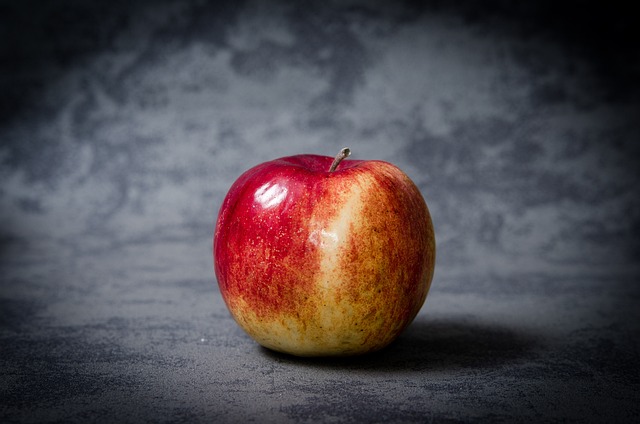Introduction:
Do you suffer from digestive disorders? Do you struggle to find relief from common ailments like constipation, diarrhea, gas, and bloating? If so, you’re not alone. Millions of people around the world suffer from digestive problems on a daily basis. Fortunately, there is a natural solution that can help: probiotics.
What are probiotics?
Probiotics are live bacteria and yeasts that are good for your digestive system. These microorganisms can help break down food, produce vitamins, and fight off harmful bacteria that can cause infections and other health problems. While our bodies naturally produce some bacteria, we often don’t get enough of the good kind. That’s where probiotics come in.
How can probiotics help with digestive disorders?
Research has shown that probiotics can help alleviate many common digestive disorders, including:
- Constipation: Probiotics can help regulate bowel movements and make them more regular.
- Diarrhea: Probiotics can reduce the severity and duration of diarrhea caused by infections.
- Gas and bloating: Probiotics can reduce the amount of gas produced by the body and alleviate abdominal discomfort.
- Inflammatory bowel disease (IBD): Probiotics can help reduce inflammation and improve the symptoms of IBD, such as Crohn’s disease and ulcerative colitis.
What are the best sources of probiotics?
Probiotics can be found in many foods, including:
- Yogurt: This is one of the most popular sources of probiotics. Look for yogurt that contains live and active cultures.
- Kefir: This is a fermented drink that is similar to yogurt. It is also a good source of probiotics.
- Sauerkraut: This is a fermented cabbage dish that is commonly eaten in Germany and other European countries.
- Miso: This is a traditional Japanese seasoning that is made by fermenting soybeans with salt and koji.
- Kombucha: This is a fermented tea that is becoming increasingly popular in the United States and other Western countries.
Probiotic supplements:
If you don’t get enough probiotics from your diet, you may want to consider taking a supplement. Probiotic supplements are available in many forms, including capsules, tablets, and powders. When choosing a probiotic supplement, look for one that contains multiple strains of bacteria and at least 10 billion CFUs (colony-forming units) per dose.
Tips for incorporating probiotics into your diet:
- Add yogurt or kefir to your breakfast.
- Eat sauerkraut or other fermented foods as a snack.
- Try adding miso paste to soups and stews.
- Drink kombucha instead of soda.
- Take a probiotic supplement daily.
Conclusion:
If you suffer from digestive disorders, probiotics may be the solution that you’ve been looking for. These live bacteria and yeasts can help regulate bowel movements, reduce the severity of diarrhea, and alleviate gas and bloating. They may also help reduce inflammation and improve the symptoms of IBD. By incorporating probiotic-rich foods and supplements into your diet, you can unlock the power of probiotics and beat digestive disorders for good.







